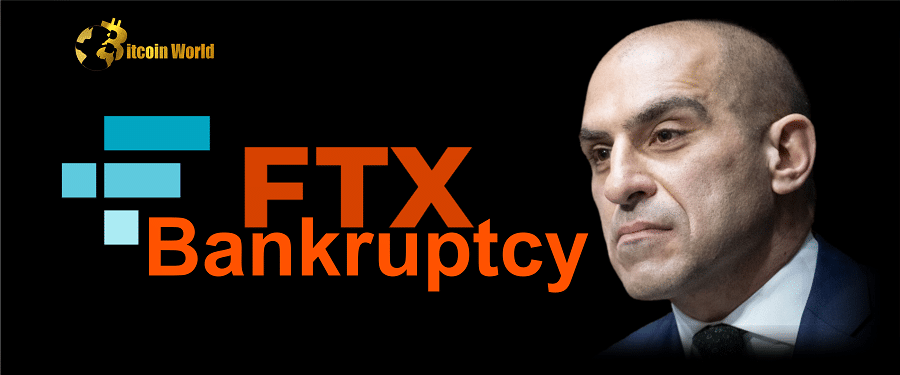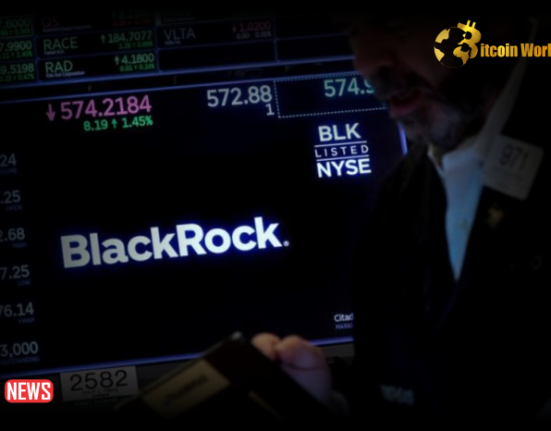On the 1st, Rostin Bennum, chairman of the Commodity Futures Trading Commission (CFTC), testified at a Senate Agriculture Committee hearing on the bankruptcy of FTX, a large cryptocurrency exchange. Bennum underlined that the CFTC requires rulemaking and transaction oversight authorities. He requested broad CFTC regulatory powers from Congress. Coinpost reported this on the 2nd.
“Why Congress Should Act: Lessons Learned from the FTX Debacle” was the focus of the hearing on cryptocurrency regulation.
Bennum noted that the CFTC’s “direct legislative jurisdiction to comprehensively control the spot digital commodity market” is restricted to the futures market. It has “limited” fraud and manipulation enforcement capabilities and has conducted more than 60 crackdowns since 2014, resulting in $820 million in fines. 20% of 2022’s 82 enforcement actions involved cryptocurrencies.
“The CFTC fraud found is likely just the top of the iceberg,” Bennum said. It maintained its support for the August-submitted “Digital Goods Consumer Protection Act of 2022” (abbreviated DCCPA), arguing for robust restrictions that the CFTC may directly supervise.
The DCCPA was formulated by Agricultural Commission members and CFTC employees in consultation and represents the CFTC’s “effective regulatory structure” built up in the derivatives market, Venom stated.
※ What is the U.S. Commodity Futures Trading Commission (CFTC)?
A government institution that regulates US futures trading, including commodity exchange items, interest rates, and derivatives. Prevent and detect fraud to safeguard market participants and stability.
Bennum said that derivatives exchange LedgerX was one of the few FTX enterprises to avoid insolvency. CFTC-registered and supervised DCM, SEF, and derivatives clearing agency. Ledger X must segregate client asset management and security, maintain cash to meet operational expenditures, and keep correct records under the Commodity Transaction Act.
“While FTX, which went bankrupt, illegally outflowed enormous amounts of client funds due to poor segregation and risk management, Ledger X’s customer assets, which are under CFTC regulation, are segregated and remain in a place where they should be safe,” Bennum added. He insisted.
He added that the DCCPA “might have barred some cheating on FTX.”
Former FTX CEO Sam Bankman Fried (SBF) lobbied Congress for the DCCPA Bennum highlighted.
The DCCPA recommends CFTC “exclusive oversight” over “digital goods”. CFTC-registered brokers, dealers, custodians, and exchanges must also handle digital products.
The Wall Street Journal remarked that FTX’s bill backing raises questions about its power. FTX wanted to transfer regulatory responsibilities to the CFTC, which was seen as more friendly to the SEC (SEC).
Bennum “rejects” the claim that the CFTC’s supervision model is weaker than the SEC’s. He claimed the law “is not a takeover of power” and will allow the SEC to regulate digital assets that qualify as securities.
Bennum highlighted that the DCCPA bans combining company funds with client funds and requires audited corporate financial disclosures. To prevent third-party cheating like the FTX crash, he urged reviewing the DCCPA.














